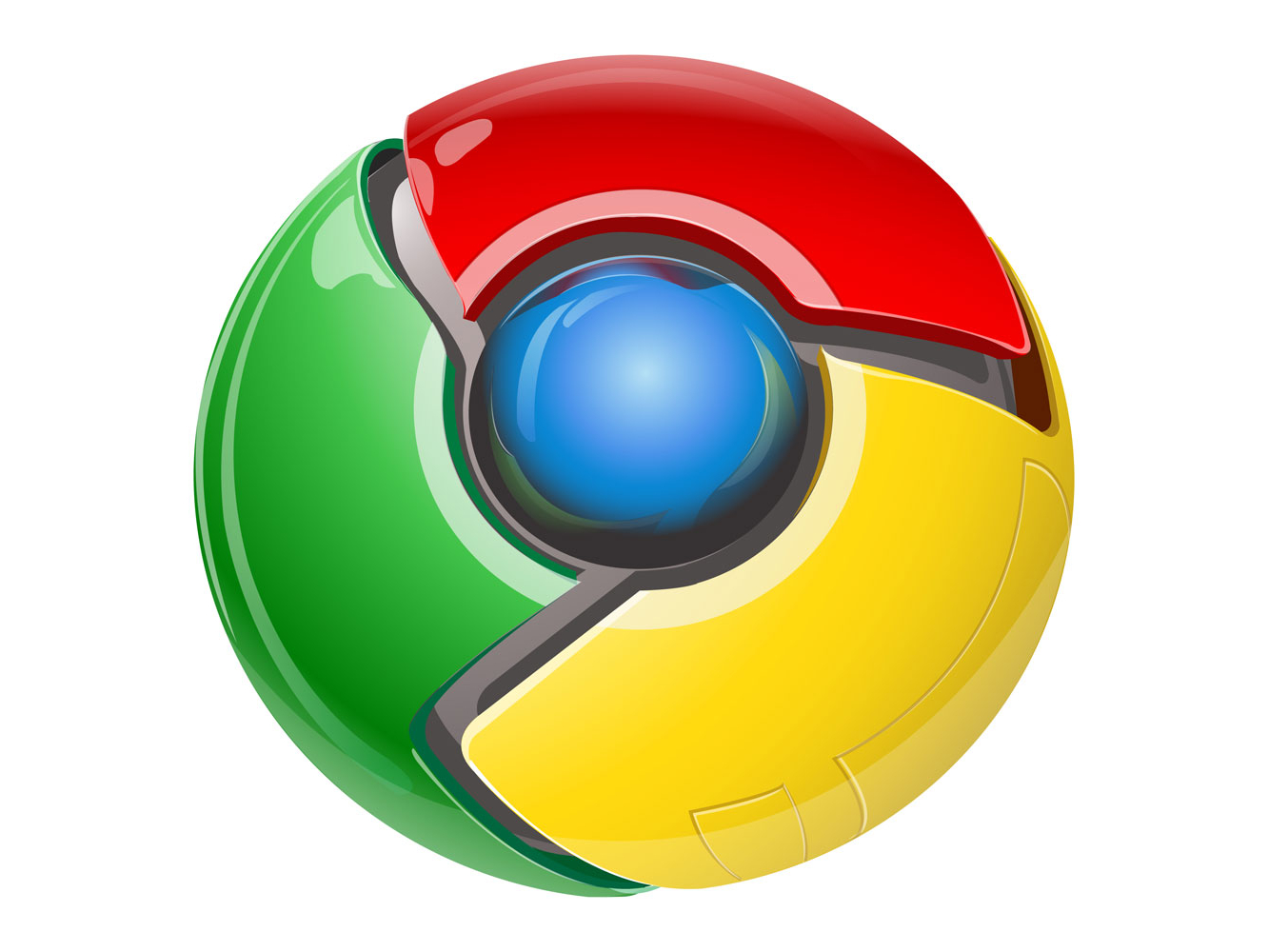Real-Time Communication Comes to Chrome via WebRTC
Google has added support for WebRTC technology in the dev channel version of Chrome, allowing real-time video chatting without the need for drivers or a stand-alone client.
On Wednesday Google said that it added WebRTC support for the dev channel version of its Chrome web browser. Google's WebRTC went open source over the summer, released as a way to standardize video/voice communication without moving outside the web browser. WebRTC uses JavaScript APIs and HTML5 to give browsers -- not just Google Chrome -- real-time, native communications capabilities.
What that means for end-users is that it could spell certain trouble for the likes of stand-alone clients like Skype and Tango. In addition to Google, Mozilla and Opera are also supporting the WebRTC technology, meaning apps based on WebRTC can be installed not only on Chrome, but Firefox and Opera. Right now WebRTC is being considered for standard status at the W3C and the IETF, and Google admits that WebRTC is still evolving based on feedback by developers and the standards process.
"[WebRTC] includes the fundamental building blocks for high quality communications on the web such as network, audio and video components used in voice and video chat applications," explains Google in the WebRTC FAQ. "These components, when implemented in a browser, can be accessed through a Javascript API, enabling developers to easily implement their own RTC web app."
"Building industry-leading voice and video capabilities into the browser makes it easier for web developers to incorporate real time communications in their apps," Google software engineer Niklas Enborn reports. "Instead of relying on custom, OS specific, proprietary plug-ins, they can now easily build and maintain their apps using a few simple JavaScript APIs and have the browser do the heavy lifting."
The search engine giant said that it began collaborating with vendors right after the WebRTC launch to help integrate the technology into their products. Polycom, Vonage, Vehix.com, Firespotter, Siemens, Nimbuzz and PCCW are currently actively developing browser-based solutions using WebRTC, Enborn said.
Just after Thanksgiving, reports indicated that WebRTC would allow streaming services like OnLive to pump games straight into a browser without the need for downloading a separate client. The news arrived after it was revealed that gamepad support was coming to Google's browser in 1Q12 along with support for cameras and microphones without the need for drivers.
Get Tom's Hardware's best news and in-depth reviews, straight to your inbox.

Kevin Parrish has over a decade of experience as a writer, editor, and product tester. His work focused on computer hardware, networking equipment, smartphones, tablets, gaming consoles, and other internet-connected devices. His work has appeared in Tom's Hardware, Tom's Guide, Maximum PC, Digital Trends, Android Authority, How-To Geek, Lifewire, and others.
-
stingray71 NICE! Hope it ties in with your gmail login info. I can never remember my skype login.Reply -
huron No surprise that Google would like us to use more of their services, but I can't complain, this does seem like a nice idea.Reply
My guess is that they hope this will encourage more people to use Google+ and hangouts. -
burnley14 I remember back when all my browser did was browse. It's crazy now how much added functionality we have come to expect from just the internet browser. Soon it will be making me breakfast (I hope) :)Reply -
classzero ReplyWhat that means for end-users is that it could spell certain trouble for the likes of stand-alone clients like Skype and Tango.
ahhh, did microsoft buy skype too late?
I am sure some troll will try to blame apple for this. -
jhansonxi Classzeroahhh, did microsoft buy skype too late?Reply
I suspect that the previous owners think that Microsoft bought it at exactly the correct time.
Skype has other features like voice mail and land-line/POTS services that may keep it relevant for a while. Skype still has to compete with SIP and Jingle. -
freggo would definitely be a reason to install chrome on my machine.Reply
No wait, no can do... running Windows 2000.
Oh well.
-
senshu "...and Google admits that WebRTC is still evolving based on feedback by developers and the standards process."Reply
Using "admits" makes it sound like that's a bad and/or unusual thing, which it certainly isn't.
